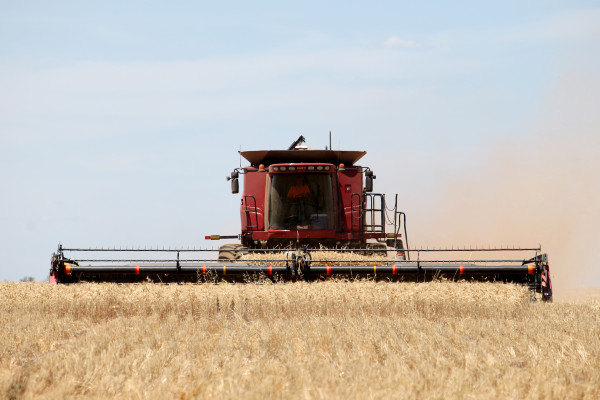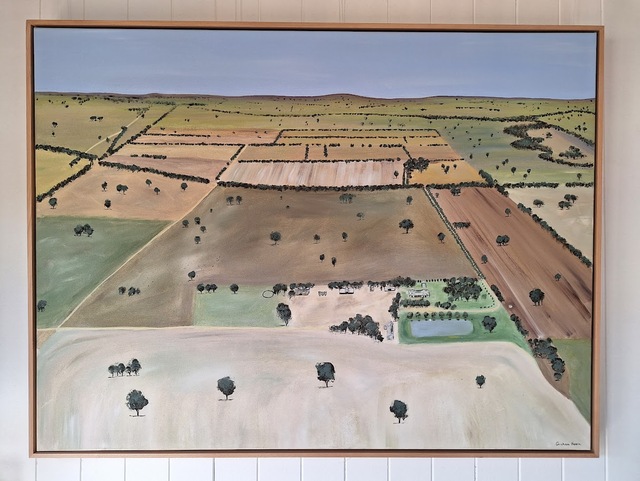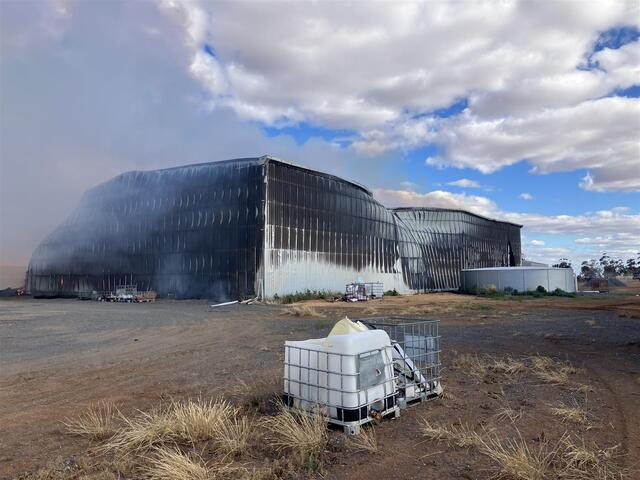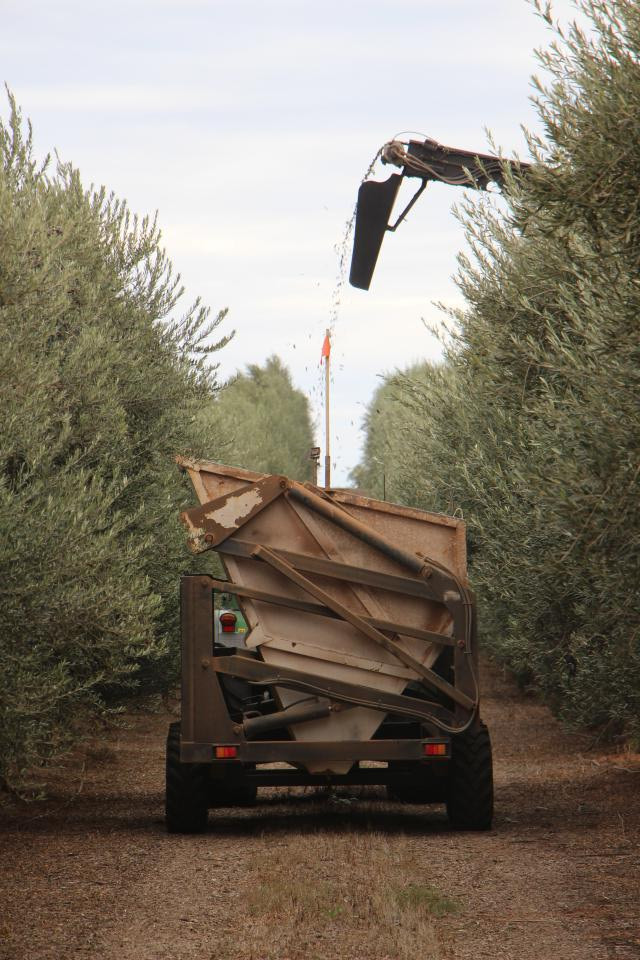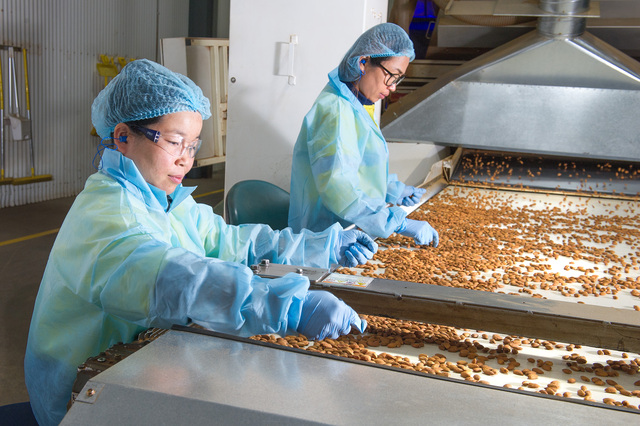Elders Swan Hill agronomist Patrick Conlan says October and November rainfall has been almost five times the long-term average – while maximum temperatures fell 5C in the same period.
Patrick says a lot of crops throughout the region haven’t handled these conditions, which have been conducive for disease in wheat, lentils, field peas and faba beans.
He says a lot of growers in the Mallee have experienced large losses to their legume crops due to waterlogging and disease.
“Typically harvest would be well under way by this time of year, but due to repeating rainfall – and more forecast this weekend – along with cooler weather, harvest has been delayed by a fortnight,” Patrick says.
“Canola and barley crops which have already been windrowed will be the first to be harvested, but wheat yields are still unknown, with maturity still two or three weeks away for most growers.
“Disease and weather may affect yield and quality but we remain optimistic.
“Barley crops are also ready to harvest, however any rainfall from here on will result in downgrades to quality.
“It appears achieving malt quality will be unattainable this season as the weather has resulted in a lot of grain staining and reduced test weight. Nearly all barley in the Mallee will be feed grade this season.”
Patrick says this has also been a challenging year for hay.
He says large areas of vetch, intended for hay, have instead been terminated for brown manure crops as growers were wary of ongoing rainfall.
“Oaten hay areas were down initially due to lack of market demand, but areas planted have been persisted with and cut late to avoid rainfall events,” Patrick says.
“The majority are still intending to get it into a bale, as opposed to grain, weather permitting.
“Due to repeat weather events quality of hay in general will be down.”
Patrick points out the quality of lentils will also be down for the same reasons – seed size and staining.
He says some farmers in the Murray Valley may look to capitalise on the full moisture profile and fill a feed gap by growing speed feed and/or opportunity crops such Sudan grass, sorghum and maize.
Especially those devastated by the recent flooding and rainfall events.
The abundance of water has also been a real challenge for rice farmers this season, limiting their ability to get onto paddocks and manage the water levels of bays.
As a result, the acreage intended to be sown to rice may be down by as much as 50 per cent.
“In the Mallee, rotation is crucial to the way we manage moisture, nutrition, weeds and disease,” Patrick says.
“On the back of a lot of vetch crops being terminated, more growers may look to grow canola to take advantage of the moisture and nitrogen retained, which will reduce risk and lower the cost of inputs,” he says.
“However, after an expensive season with some growers experiencing large losses, we would still expect a fairly conservative approach.
“Following so much rainfall this season, paddocks have had a lot of late weeds germinating, as well as early summer weeds. Farmers will be busy spraying before, during and after harvest to keep paddocks clean and preserve moisture and nutrients so they are able to capitalise next season.
“Spraying wet paddocks will be a challenge if this weather pattern continues. Farmers will need to speak to their agronomic advisor to discuss chemicals and strategy to maintain satisfactory weed control until seeding in 2023.”
Patrick says fertiliser is still very expensive, and while glyphosate has come back a bit in price, it still remains high compared to the long-term average.
He says harvest logistics looks to be a real challenge in 2022 and getting grain out of paddocks is going to be extremely difficult for some growers without getting machinery bogged.
Paddocks are wet, water is still laying on back roads and tracks will deteriorate quickly with heavy loaded trucks, headers and chaser bins travelling repeatedly.
“Some farmers will look to store grain in paddocks in bags, bunkers or on tarps just to get the grain off paddocks as efficiently and safely as possible, dispatching this grain at a later date,” Patrick says.
“Chaser bins might end up covering a lot of territory as well, just to reach trucks or a mother bin which couldn’t get onto paddocks.
“This scenario will be case by case as per everyone’s farm and paddock conditions.
“The Birchip Cropping Group recently hosted a workshop on safely recovering machinery, which more than 550 local farmers attended.
“Finally, Elders Swan Hill wishes everyone a safe harvest and our thoughts go out to everyone affected by the recent floods.”

